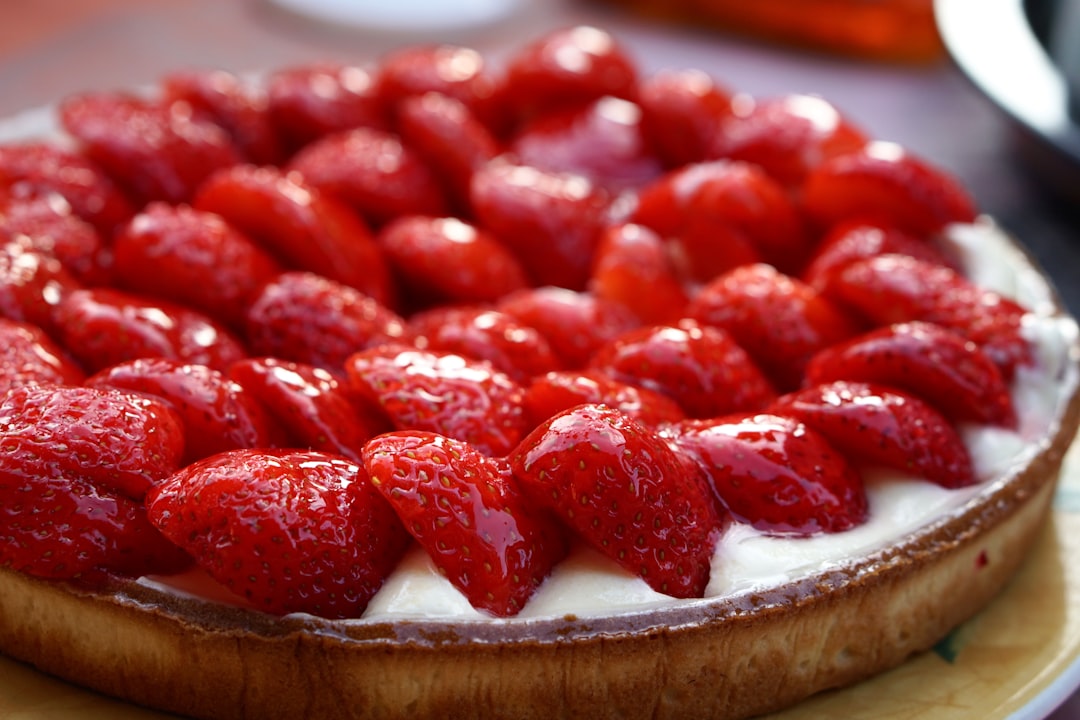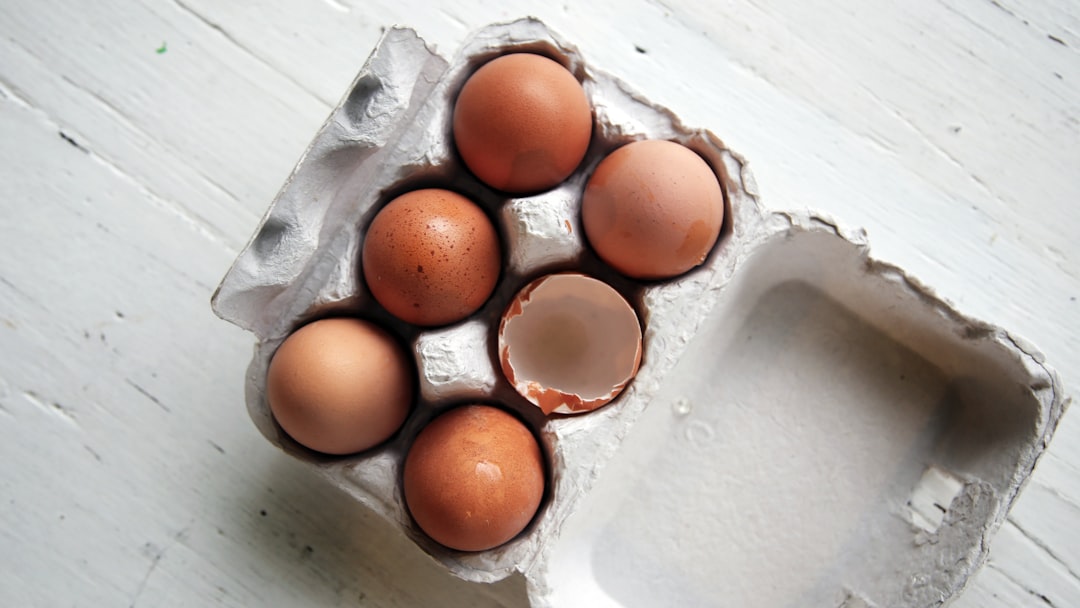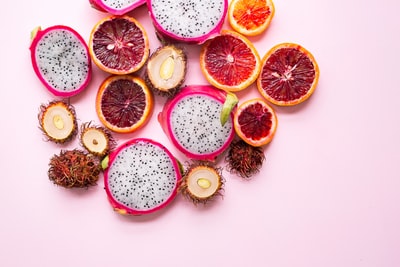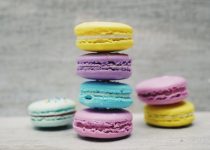What You Should Know About Gluten Foods
An estimated 3 million people in the United States is Celiac disease. The symptoms of this disease are intense pain, bloating, weight loss, diarrhea, as well as bloating, joint pains. The best way to treat Celiac disease is to remove gluten from your diet. What does gluten contain? The main protein contained in gluten is gliadin. This protein cannot be processed by your body. Therefore, people who have Celiac disease must not eat gluten. What is the amount of gluten that is found in a typical grocery store? The general rule is to avoid food with an ingredient list that exceeds 200 small business names. What is gluten free? Food must not contain more than 20 parts per million of gluten. Is gluten free food also affected by other gluten free foods? Yes! All cross contamination due to theSmall amount of cross contamination due to the reuse of ingredient (sensibility).
Under the gluten free label, many products are also free of Dairy. Is this sensitivity to dairy products a result of gluten free food? No! All products are safe to eat, handle, or drink as long as they are not fortified with hormones and other substances.

Yes, you can have wine, beer and wine coolers at your event without worrying about the gluten content. Note however that if the wine is kept in a metal caddy, it may become contaminated.
Yes, you can have special menus for Celiac disease patients at your event without worrying about the gluten content. Many caterers around the country have special packages for those with Celiac disease. Ask your caterer if they can create a special menu for you.
Yes, you can order fondue. Ask about the gluten free ingredients and if it can be heated.
Yes, you can have a sit-down dinner buffet. Ask about the gluten free options.
Yes, you can even have a dessert buffet. Ask about the gluten free options, if any.
Be aware that some businesses that claim to offer a gluten free diet do not meet gluten free guidelines. You may want to avoid ordering from these companies.
Find alternatives to your favorite brands. Bamboo and glass bowls will keep your food fresh. Organic paper or cello napkins will keep the food fresh.
The food described above should be enough to answer the question, is gluten free food a safe choice for you? Only you can decide if a safe choice is what is right for you. ogaAtrio: Remember those little words, those little signs that say, “This product does not contain gluten.”? Bamboo, glass, paper, and celery husks/green leaves: those are all safe. The trick is to find those safe gluten free ingredients, most of which are not found on your typical grocery store shelves. Why is that?
In order to be certified as gluten free, food must be grown without gluten, unless food is packaged specifically according to a manufacturer’s guidelines. Additionally, certain other products are also excluded, according to the Gluten Intolerance Group (www.gluten.net):
(1) contains or is likely to contain gluten;
(2) has an anticipated course of action that prevents cross contamination with gluten-containing products, unless otherwise stated in the product ingredients;
(3) can be used interchangeably with gluten-containing products;
(4) may not be processed on the same equipment, facilities, or in the same quantities as gluten-containing products; and
(5) is not appropriate for individuals with celiac disease or other intestinal intolerances.
If you are wondering about a product, such as corn or rice crackers, and you are on a gluten free diet, you should inquire about the manufacturing date. Also, find out if the food is still gluten free. Even if some ingredients are changed, a product may be free of gluten past its expiration date once it has been packaged, unless otherwise stated on the label.
For this reason, it is important to read the labels and packaging of food prior to buying it. On packaged products, the date of manufacture is usually sticker or label- ceremoniously placed on the packaging, and cannot be overlooked. Gluten-free products can be bought online. You and your family should be prepared for gluten to enter your diet and stay there for up to a year or more.
What is Gluten?
Gluten is an amalgamation of plant-derived proteins available in products containing wheat and several other products containing barley or oats. Gluten is accountable for making the flour sticky and firm to the touch.



